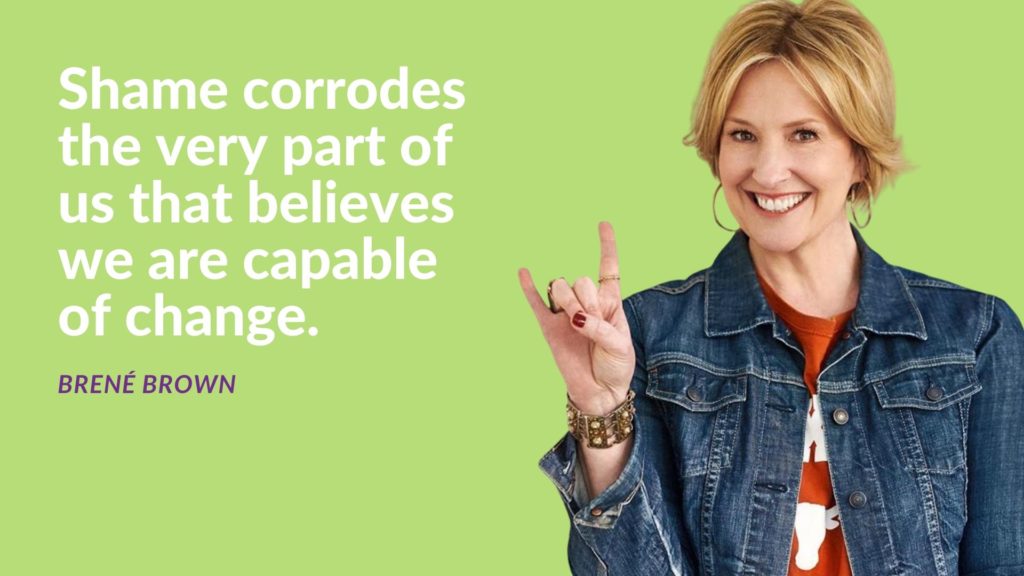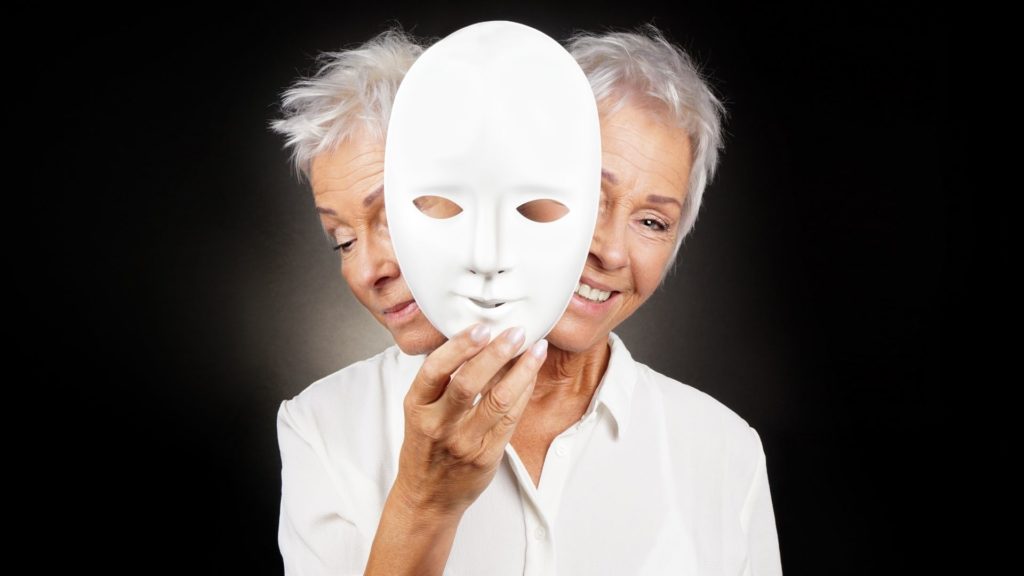Why are some people ashamed of being retired?
Last summer, when things were ‘normal’ (before COVID-19 that is), I read an interesting article on the BBC website, called ‘Why we lie about being retired’. It was about shame, and more precisely, about the growing number of people who felt a sense of shame about retirement.
This resonated strongly with me as it’s something I am very familiar with through the work I do with my clients – but it’s not something that not many people talk about. Shame is ‘the unspoken word’ when it comes to retirement. However, in the article, Professor Teresa Amabile of Harvard Business School sheds much-needed light on the concept.

Professor Amabile interviewed 120 US professionals over four years about their opinions of retirement. She asked interviewees at different phases of their career about their perspective.
“The preliminary findings were quite stark. While retirement might start off in a blaze of well-deserved relaxation the novelty can soon wear off”, explains the BBC article.
Identity bridging
Significantly, what Professor Teresa Amabile discovered is something she calls ‘Identity bridging’. What does that mean? I’ll give you an example – when you meet someone at a party and they tell you they are a retired lawyer or a retired doctor or a retired librarian, they’re bridging identities.
How? Because they’re not doctors or lawyers or librarians, they are simply retired. But because they see themselves as ciphers, nobodies, ghosts, they bridge their identity to what they used to do before they retired, to give themselves a semblance of self-esteem.
“Some will deny being retired which is very interesting, they will say what their profession is even though they’re not working in that profession any more”, explains Professor Amabile.
“We asked them why they do this and they say it’s because they don’t want to be seen as someone who is out to pasture. One person said ‘I don’t want to be seen as yesterday’s news, I want to be the news right now’.”
A crying shame
Someone else who has done extensive research on shame is Professor Brené Brown, author of the book Daring Greatly. She’s also the subject of next month’s Retirement Rebellion podcast, which has been delayed slightly thanks to the COVID-19 crisis.
Brené Brown’s extensive research has been mostly on women and (latterly) on men. To give you a snapshot: she talks about women seeking perfection and aiming to please, while with men, the focus is on strength and power, whether it’s on the soccer field, or in a business context.

When you come to retirement, you’re in a situation where you have to take your armour off. And when you take your armour off, you become vulnerable: vulnerable in the sense that you can easily be wounded.
But what I teach my clients is that you could instead turn this around and at this point choose to go in a different direction; create a new stage in your life where you still can be vulnerable, but without the shame. Because there is power in vulnerability once you accept yourself for who you really are.
Professor Brené Brown talks about shame as being like having termites in a house. They start in the dark, behind the walls of retirement, and they slowly chip away at the wood. Before you know it, the staircase of your self-esteem has collapsed and not long after everything crumbles.
Create a new impetus
Be aware that retirement comes with a huge health warning at all levels – and shame is just one of the symptoms. This is why you should be thinking about how to create a new opportunity out of this crisis – because retirement is a crisis. So instead of going downhill, you need to create a new impetus to take yourself north, to new creativity – to become who you are supposed to be.

I’ve been thinking more about shame recently because I have noticed how some people are ashamed to admit they have had the COVID-19 virus. I have just recovered from a long few weeks of symptoms myself, and I can relate to this.
It reminds me of retirement in a way: we are encouraged to hide away, to isolate, to remove ourselves from society. And although when it comes to the pandemic this is for everyone’s safety, there are still parallels. I talked about this a couple of weeks ago in my blog about how isolation compares to retirement, so if you haven’t read that, you can do so here.
A final thought: the Irish Playwright, George Bernard Shaw said, “Men don’t quit because they get old, they get old because they quit”.
So, don’t quit. Then you don’t need to feel shame. Instead, start your new life – you deserve it and you can do it.
George Jerjian’s new flagship online course – “Dare to discover your purpose” – will be available shortly
Books by George Jerjian
Request Your 15-Minute Call With George To Discuss Options For Him To Speak To Your Organisation Or At Your Next Event.